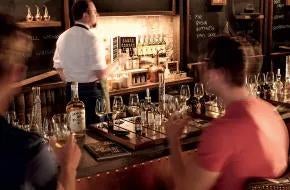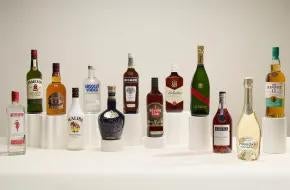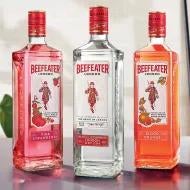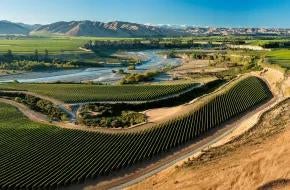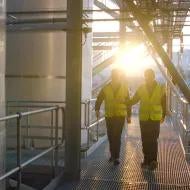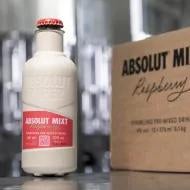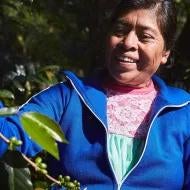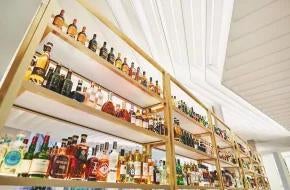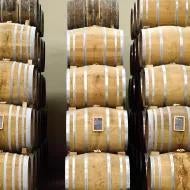Terroir means land or soil in French, the birthplace from which all our products take their character from. We are very proud that our brands are so deeply rooted in their countries of origin and play such an important role in the local communities where they are created.
We source our natural ingredients from over 380,000 hectares of land across the globe, so we are committed to nurturing every terroir and its biodiversity.
What we are doing
Our core business is inextricably linked to nature and well-functioning ecosystems. We produce and source over 100 ingredients from around 60 countries to create our iconic brands, including key ingredients (wheat, barley, cane, beet, grapes, agave) and other flavouring ingredients that give our products their unique taste (coffee, coconut, star anise, juniper, orange, gentian…).
In order to strengthen our agricultural supply chains, we’ve mapped our priority terroirs so that we know where all our ingredients come from and can identify pressing sustainability risks and opportunities. In parallel, we have also developed Sustainable Agriculture Key Principles which we are implementing across the business to ensure 100% of our key raw materials are eventually certified sustainable.
We are now working with our farmers and partners to develop sustainable and regenerative agricultural practices within our own vineyards and beyond to help with carbon sequestration, biodiversity enhancement and community empowerment.
Pernod Ricard partners with the IUCN
Pernod Ricard is proud to become the first company to support the IUCN’s “Agriculture and Land Health Initiative”, a new initiative for sustainable agriculture.
Our Commitments


-
Projects dedicated to preserving existing natural ecosystems everywhere we operate and distribute our brands.
ActionImplement in 100% of our direct affiliates a regenerative agriculture or biodiversity programme (supply chains or landscape, usually addressing both agriculture and biodiversity) linked to priority terroirs by 2030.
-
Pilot local models for regenerative farming systems, capturing more carbon in soils, in our vineyards to be shared with the wine industry.
ActionTest local models for regenerative farming systems in the Group’s vineyards in 8 wine regions to increase soil carbon capture & share knowledge with the industry by 2025.
ActionEmpower, train or support over 5,000 farmers towards a regenerative agriculture and biodiversity preservation, by 2030.
-
Identify and map the origins of agricultural raw materials and any social and environmental issues in the local environment where they are grown.
ActionCover all key agricultural raw materials (annual purchases) with risk-mapping by 2022.
-
Reducing carbon emissions caused by our supply chains (raw materials, packaging, logistics).
ActionReduce financial intensity of Scope 3 greenhouse gas emissions by 50% vs FY18, by 2030.
-
Key agricultural raw materials sourced according to selected sustainability standards.
ActionKey agricultural raw materials produced or sourced in line with sustainability standards by 2030.

Case Studies
See how our brands are implementing projects to ensure a sustainable future.
Martell Mumm and Perrier-Jouët - Take a leading role in regenerative agriculture
Irish Distillers - Securing quality ingredients and enhancing biodiversity
Kahlúa - Coffee for Good
Martell - Promoting sustainable viticulture
We are a proud partner of

The world’s largest and most diverse environmental network, harnessing the knowledge resources and reach of our more than 15,000 experts. This diversity and expertise make IUCN the global authority on the status of the natural world and the measures needed to safeguard it.

A movement for cooperation and innovation embarking all the agricultural and food ecosystem to create a more resilient and value-creating model through agroecology.







